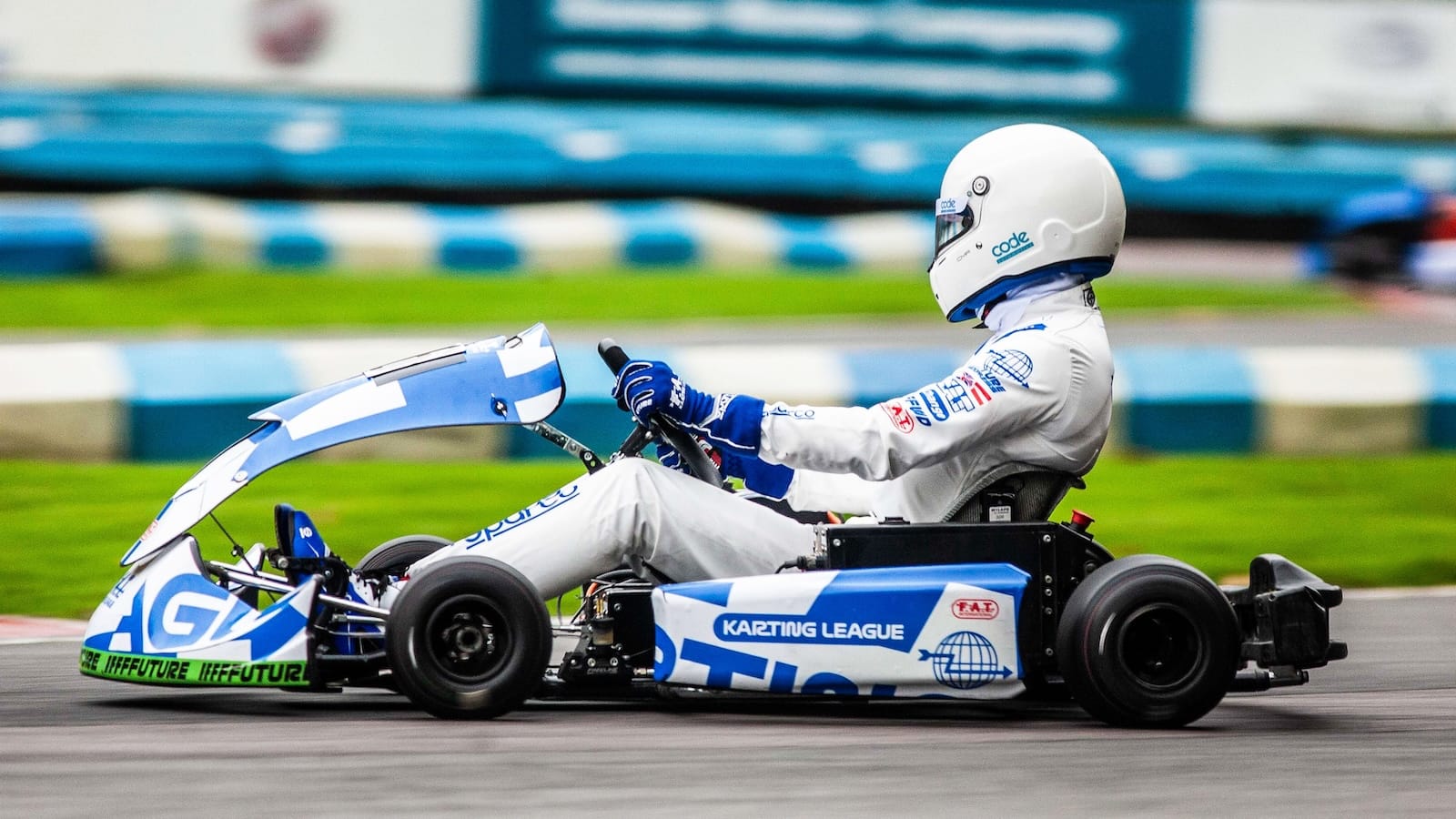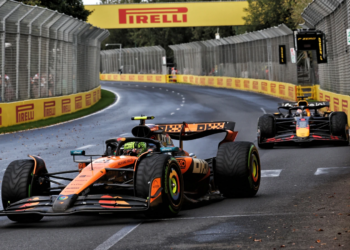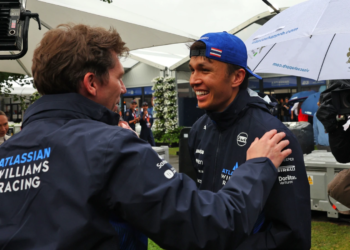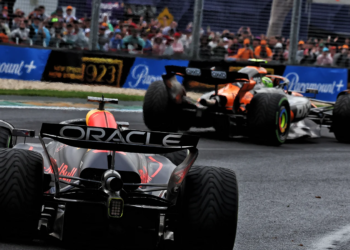Revolutions often arrive quietly. F.A.T. International’s latest venture, the FAT Karting League (FKL), makes its presence known not with the traditional roar of engines but with the purposeful whine of electric motors and the quiet confidence of its founders, Ferdi Porsche and Rob Smedley.
Ferdi Porsche represents the next chapter in motorsport’s most storied dynasty.
At 30, Ferdinand Porsche’s great-grandson has carved his own path through automotive culture. His architectural background shapes F.A.T. International’s vision, from reviving the legendary Ice Race at Zell am See to bringing historic Porsches back to Le Mans. Under his leadership, F.A.T. has evolved from a landmark racing sponsor into a cultural force bridging heritage and innovation.
“Racing needs to evolve,” Porsche explains. “My grandfather tested cars on the Grossglockner. My father raced at Le Mans. Now, we’re creating paths for the next generation of drivers. The technology changes. The passion remains.”
Enter the former F1 engineer
Rob Smedley brings decades of Formula 1 expertise to FKL’s technical foundation. His career spans critical roles at Ferrari and Williams F1, where he earned recognition as one of F1’s sharpest technical minds. Through the Smedley Group, he transformed race engineering principles into development tools for emerging talent. His approach combines data-driven precision with practical racing knowledge, creating systems that identify and nurture raw talent regardless of background.
That evolution takes shape through FKL’s radical approach to driver development. Elite world-championship-level karting demands $250,000 per season from aspiring racers. FKL’s model slashes entry costs to $5,000, maintaining a fleet of electric karts developed under Smedley’s guidance.
“These aren’t typical electric karts,” Smedley notes. His team engineered the power delivery to mirror combustion engines, ensuring skills translate seamlessly to traditional race cars. Each machine feeds constant telemetry to FKL’s data systems, creating unprecedented insight into driver development.
The program’s impact emerges in its demographics.
Female participation reaches 35% across FKL events, dwarfing traditional racing’s 5% figure. Talent surfaces from previously untapped communities, feeding directly into professional opportunities through FKL’s Formula 4 scholarship program.
January 2025 marks FKL’s expansion beyond its UK test bed. Two U.S. facilities launch the program’s global vision, targeting 50 locations worldwide. The ambitious plan aims to connect one million young drivers to professional racing paths through the FAT World Cup championship.
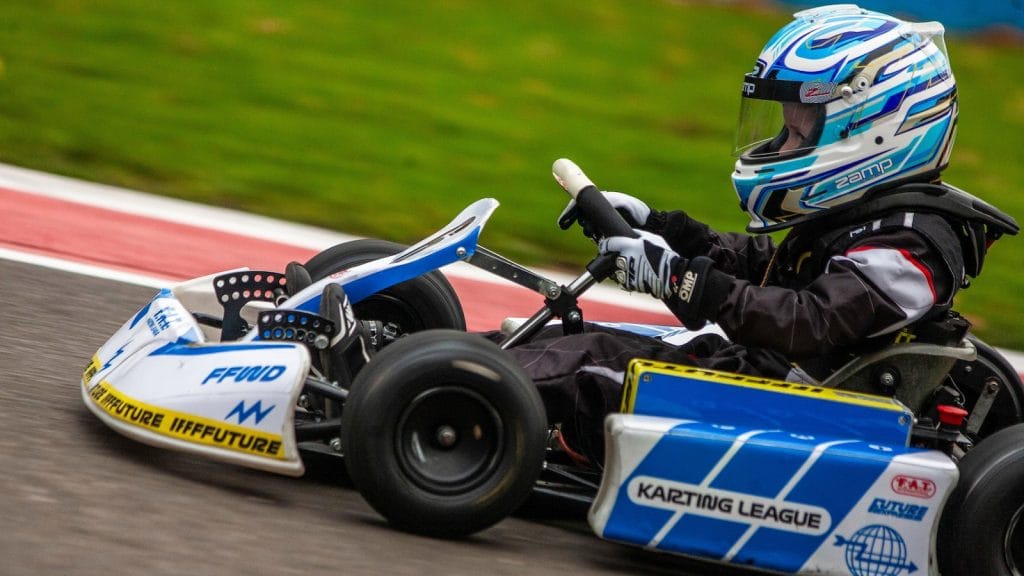
For F.A.T. International, FKL represents another chapter in reimagining motorsport culture. The organization that revived ice racing in Zell am See and returned historic Porsches to Le Mans has built racing’s foundation for decades.
Ultimately, this quiet revolution may reshape motorsport’s future—not through nostalgia or tradition but through accessibility, technology, and raw talent. The next generation will take shape on electric power, data analytics, and equal opportunity, proving once again that racing’s greatest innovations often emerge from its simplest truths.
This post appears on Vincenzo Landino’s Business of Speed.
READ MORE — The billion-dollar shift in Formula 1

